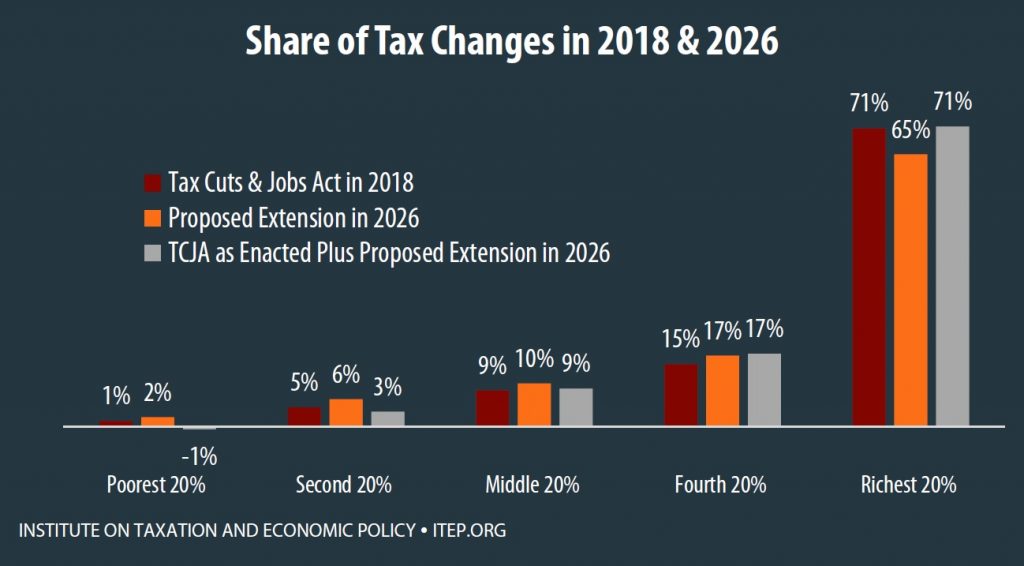(Note: This post has been revised to reflect clarifications from the office of Democratic Leader Nancy Pelosi.)
Democratic leaders have proposed rules to be adopted in the next Congress, and many of them, such as eliminating the requirement for “dynamic scoring,” are very sensible.
But one of the proposed rules is problematic because it would make it harder to raise revenue. The proposal would require three-fifths of the members of the House to approve any increase in income tax rates affecting the bottom 80 percent of taxpayers. At first blush, this might seem like a good idea given how rigged our tax system has become in favor of the wealthy. But on closer inspection, the proposed rule is antidemocratic and would make it harder to raise revenue to invest in building the American middle class.
When the House Democrats first announced the proposed rules on Thursday, the supermajority requirement for tax increases seemed to restrict any type of income tax hike on the bottom 80 percent, but Pelosi’s staff has since clarified that rule would apply only to changes in the income tax rates. (This post has been updated to reflect the clarification.) This means that it would not hinder a majority of members from passing a bill that eliminates the loophole for carried interest used by wealthy fund managers or a bill that repeals the special deduction for pass-through businesses that are mostly owned by the wealthy.
But the proposed rule could hinder a majority in the House from passing a bill to simply repeal the Tax Cuts and Jobs Act, the GOP tax law enacted last year, which lowered income tax rates across the board in a way that disproportionately favored the wealthy. ITEP has estimated that the richest fifth of taxpayers received 71 percent of the benefits of TCJA this year.
It should be recognized that this rule can be waived with a simple House majority vote, so in theory it may not prevent House Democrats from passing any legislation. But Democratic leaders would not propose this rule unless they wanted to send a message about how they intend to proceed.
That message is antidemocratic on its face. It assumes that the majority of voters cannot be trusted to make decisions. If a majority of voters decide that they are willing to pay higher income taxes (through repeal of TCJA or some other tax hike) to provide better education, health care or retirement security and elect representatives to enact those policies, in theory this rule could thwart them by requiring a supermajority of representatives to enact that agenda.
It is also worth remembering that supermajority requirements for raising taxes are not theoretical and have done real damage at the state level for over 100 years. These rules have severely limited the ability of states to raise much-needed revenue, especially in times of great need or recession. Congress should resist following in the footsteps of these kinds of rules, even if only symbolically, because they give cover to more disastrous versions like those contained in the recent balanced budget amendment proposals.
The proposed House rule would replace one in place under the previous Congress that was more restrictive because it required a supermajority for any increase in tax rates affecting anyone. But past rules have little relevance today because a new House majority can adopt whatever rules it wants.
While President Trump may spend the next two years standing in the way of any progress on real tax reform, the next Congress nonetheless has an opportunity to generate legislation that demonstrates how we can solve America’s problems, including problems with our tax system. There is no reason for the new majority to tie its hands with this counterproductive rule.





